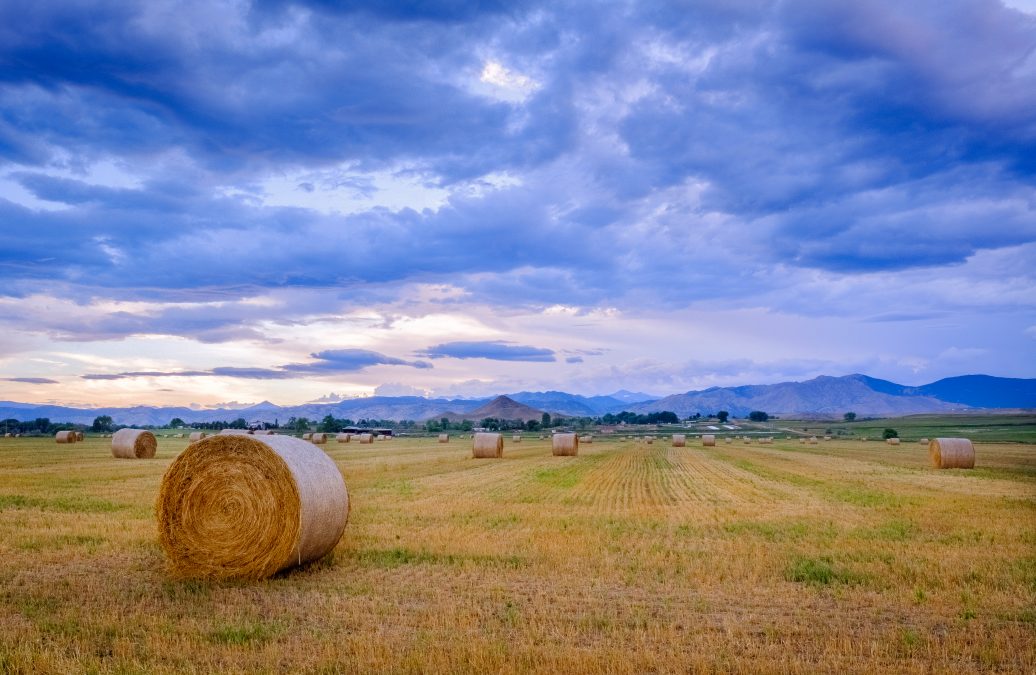When the Steamboat Gravel bike race (SBT GVL) is held every summer, hundreds of cyclists are herded along the rural county roads of the Yampa Valley, much like the cattle who have occupied this land for generations. That’s one of the reasons why the Community Agriculture Alliance, a non-profit whose mission is to promote and support agriculture in the Yampa Valley, hosts ranch tours for cyclists. “They’re out riding on gravel roads past ranches, admiring the fields of hay and the cattle grazing, and we want them to know what they’re seeing, and vice versa. We provide education programs and events for riders and also let ranchers know when they can expect to have hundreds of cyclists on the roads,” says Michele Meyer, CAA Executive Director.
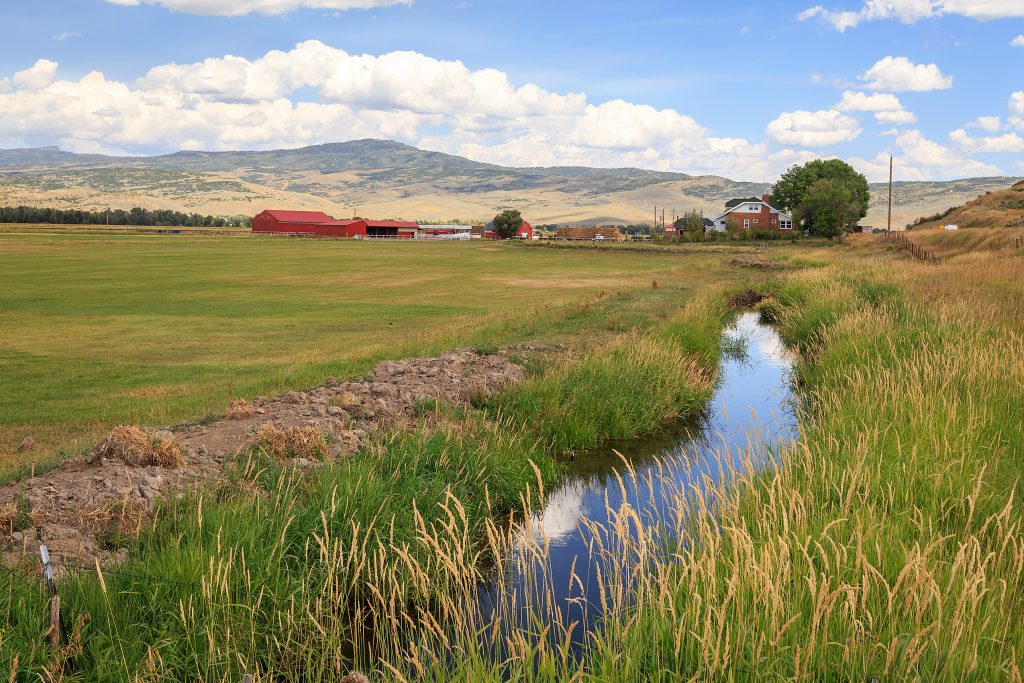
Community engagement is only one facet of what CAA does to support local agriculture. The organization was founded in 1999 when it became clear that the valley’s growth and demand for real estate were putting pressure on local agriculture, whose sprawling land and ranching tradition are part of what attracts those people to Steamboat in the first place. “People live here and visit because of these working landscapes. You drive over Rabbit Ears Pass and the first thing you see are the horses, the cows grazing, and the bales of hay. It’s so peaceful and so beautiful,” says Meyer. “If we lose those family ranches because of development and economic pressure, we’re going to lose the character of our community.”
The largest component of the organization, especially since the pandemic, is the CAA Market, an online and brick-and-mortar retail store offering a wide variety of products from local farmers and ranchers, from farm fresh eggs and locally raised beef, pork, and lamb to seasonal vegetables, fresh baked bread, and local honey. “There was no one taking a leadership role for local food, so we stepped up because we knew it was important to facilitate local food production,” Meyer says. “Now we have a retail market with 80 different farmers and ranchers and hundreds of different seasonal products.”
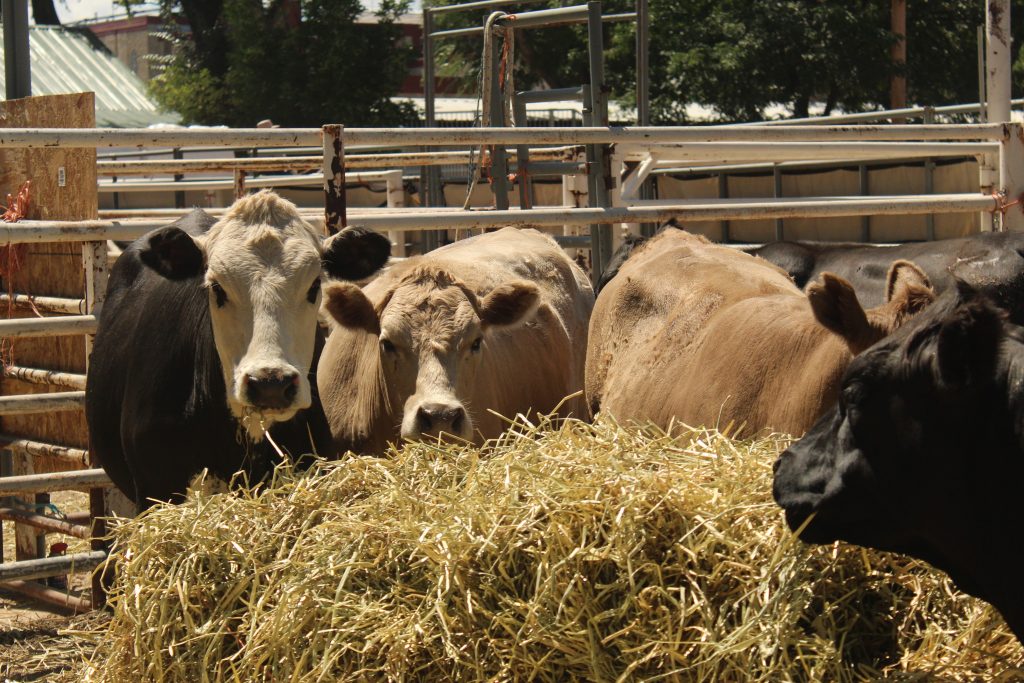
The retail market started seven years ago but has grown exponentially in the last year alone, in part due to Covid. “Pre-Covid, the market was doing $2,500 a week in sales with 50 customers, and literally within one week of March 2020, we went to $10,000 a week in sales with 150 customers,” Meyer says. “We have sustained that growth and continued to get more people to connect with their food, with local farmers and ranchers, and with our organization through this market.” In 2020, the retail store grossed $330,000, and those funds went directly back to producers. “We never intended to be managing a retail store when we started out, but we are happy to fill this middle man role on behalf of farmers and ranchers. We’re helping them sell their products locally and to diversify their revenue,” Meyer says.
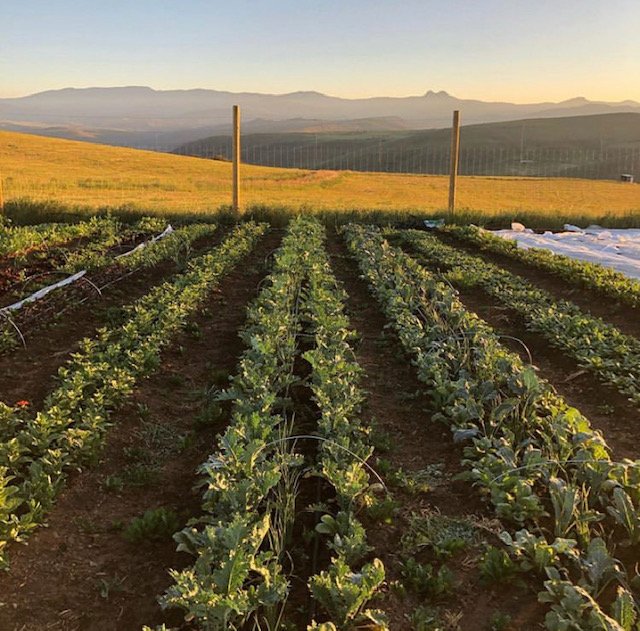
In addition to community outreach and the retail store, CAA also offers education programs both for agriculture producers and local professionals. “Water is critical, so we do a lot of education, outreach, and programs to make sure local farmers and ranchers are getting their water, advocating for water, and having access to water,” Meyer says. “Without water, there is no agriculture.” Water, more vital than ever after consecutive years of drought, has curbed hay production, forcing many ranchers to import their hay. “The impact of the drought has changed the economics of farming and ranching,” Meyer says.
CAA also offers land stewardship classes in partnership with CSU Routt County Extension, for new land owners and realtors, who can earn professional education credits. “If realtors are educated and informed about land ownership in Northwest Colorado, we’ll have more informed landowners. They are the first point of contact,” Meyer says.
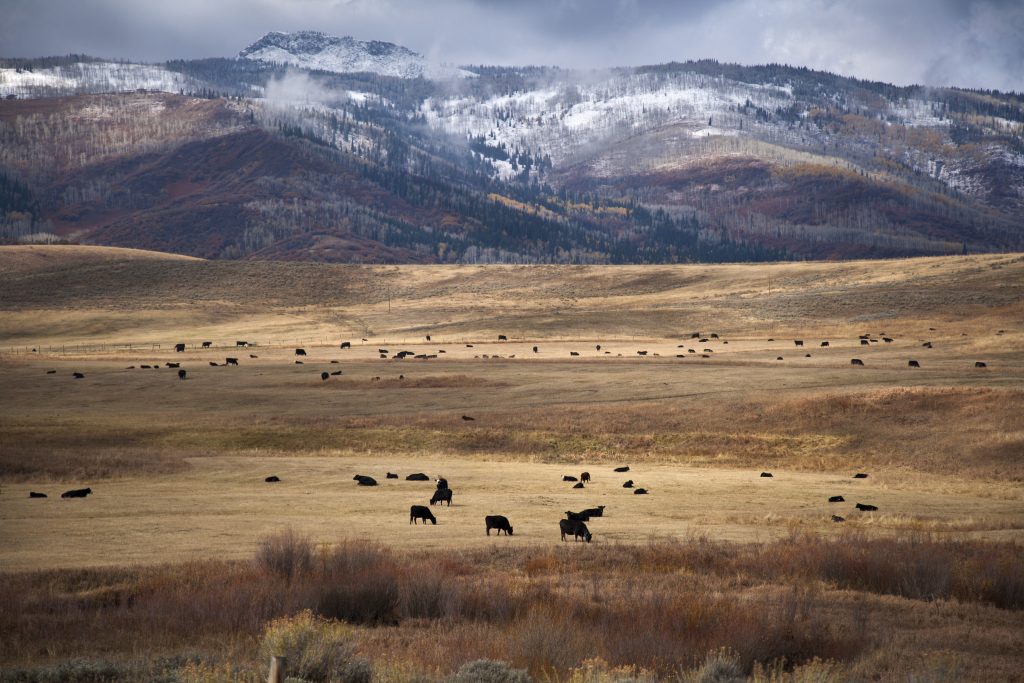
Ultimately, it’s about preserving the legacy of ranching families, who are an integral part of Steamboat’s history and its community., “Sometimes agriculture is equated with big corporations, but that’s not what happens here in the Yampa Valley,” Meyer says. “These are multi-generational families who live and work here. They are trying to keep the legacy going, and it’s hard work. I want to try to honor that, to find ways that we, as a community, can support it.” //communityagalliance.org
